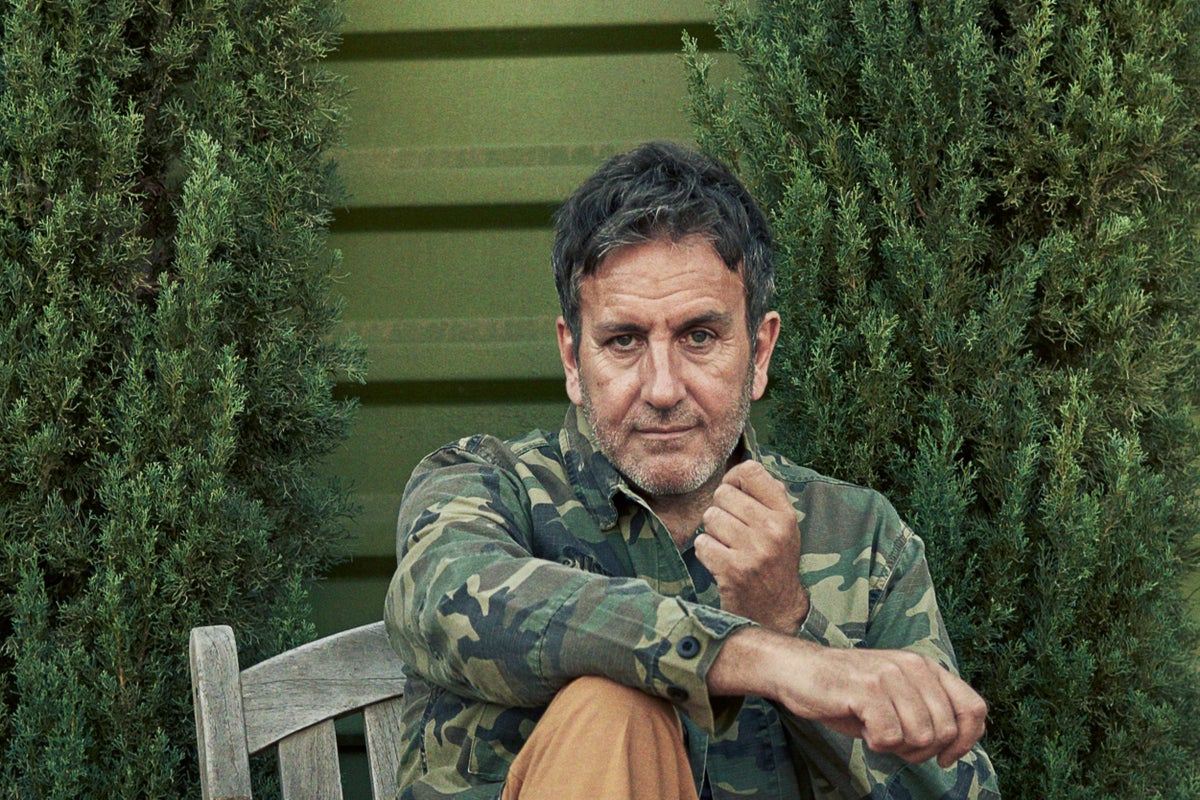
The Specials’ lead singer Terry Hall has been remembered for his “remarkable music and profound humanity” following his death at the age of 63.
The pioneering ska singer “encapsulated the very essence of life” with his music, the band said as they announced the news on Monday.
Hall rose to fame as part of the band in the late 1970s, with number one hits including A Message To You, Rudy, Rat Race and Ghost Town, and were known for their ska and rocksteady style.
Following the band’s split in 1981, Hall embarked on a number of successful solo and collaborative projects – working with the likes of Lily Allen and Damon Albarn.
A statement released on the band’s official Twitter account paid tribute to their “beautiful friend”.
“It is with great sadness that we announce the passing, following a brief illness, of Terry, our beautiful friend, brother and one of the most brilliant singers, songwriters and lyricists this country has ever produced,” the statement read.
“Terry was a wonderful husband and father and one of the kindest, funniest, and most genuine of souls. His music and his performances encapsulated the very essence of life… the joy, the pain, the humour, the fight for justice, but mostly the love.
“He will be deeply missed by all who knew and loved him and leaves behind the gift of his remarkable music and profound humanity. Terry often left the stage at the end of The Specials’ life-affirming shows with three words… ‘Love Love Love’.
“We would ask that everyone respect the family’s privacy at this very sad time.”
The Specials were formed in Hall’s home city of Coventry in 1977, becoming the multiracial flagship of the 2 Tone movement, with songs on racism, unemployment and injustice demonstrating a very clear political stance.
They went on provide a musical backdrop to economic recession, urban decay and societal fracture in the early 1980s.
The band originally consisted of Jerry Dammers, Lynval Golding and Horace Panter – with Hall, Neville Staple, Roddy Byers and John Bradbury joining a year later.
The group were called The Automatics before changing their name to The Coventry Automatics, The Specials AKA The Automatics and finally, in 1978, settling on The Specials.
The band split in 1981 after which Hall, Golding and Staple went on to form Fun Boy Three while Dammers and Bradbury released an album under the moniker The Special AKA, which spawned the hit single Free Nelson Mandela in 1984.
Fun Boy Three achieved four UK top 10 singles during their time together, until Hall left the band in 1983 to form The Colourfield with ex-Swinging Cats members Toby Lyons and Karl Shale.
After undertaking a variety of solo and collaborative projects it was announced in 2008 that The Specials would be reforming for a number of tour dates and potential new music.
The Specials embarked on a 2009 tour to celebrate their 30th anniversary and in 2018 supported The Rolling Stones during a concert at Coventry’s Ricoh Arena.
In February 2019, The Specials released Encore, their first album of new material in 37 years.
Upon release, the album went straight to number one on the Official UK Album Chart, marking their first number one album, and the first time they had topped the charts since their classic track Ghost Town in 1981 and their single Too Much Too Young became a number one in 1980.
The album’s lead single, the politically themed Vote For Me, was considered by some fans as a follow-on from Ghost Town, which was hailed as a piece of popular social commentary having been released during the riots across England in 1981.
Hall told The Big Issue magazine in 2019: “I find myself in awe of the mess, nightly listening to politicians giving their opinion and thinking, I don’t necessarily trust any of you, really.
“It is pretty sad. I grew up aligned to a party, the Labour Party, quite strongly. Until Tony Blair made Noel Gallagher prime minister I knew exactly where I stood.”
The Specials’ latest release, Protest Songs 1924-2012, dropped in October 2021 as a follow up to Encore.
The album, started by Hall, Panter, Golding and co-producer Nikolaj Torp Larsen, was put on hold due to the Covid-19 pandemic – with the turbulent events of the proceeding year inspiring its content.
Protest Songs was billed as “a typically unpredictable collection of unique takes from folk to post-punk, righteous uplift to biting satire, and from Kingston to Alabama”.







